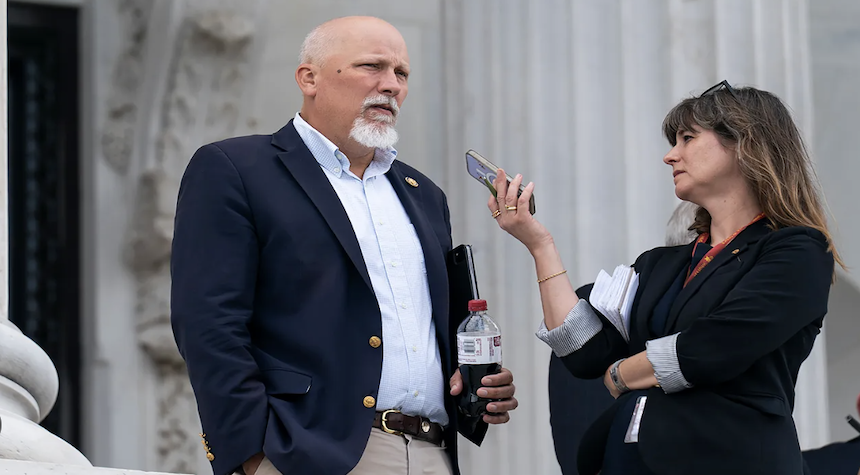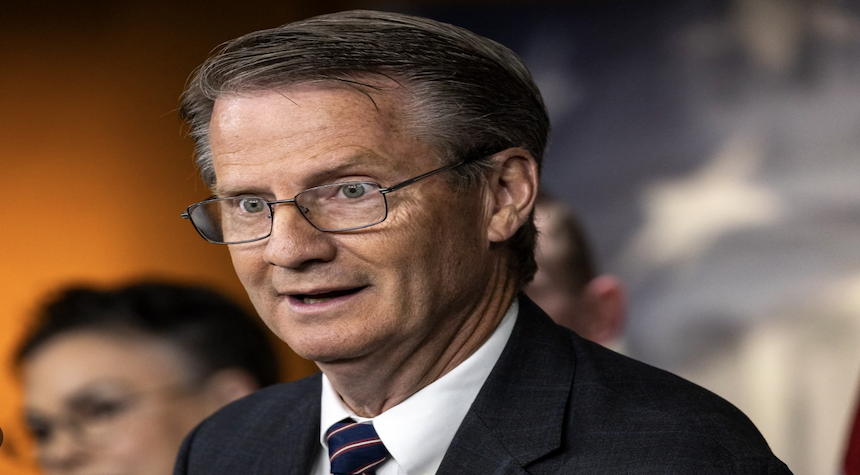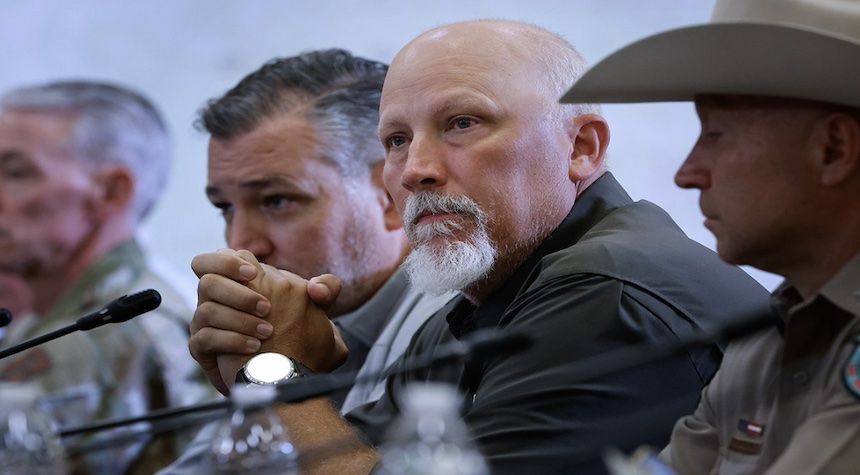Rep. Chip Roy (R-Texas) announced Thursday that he will not seek reelection to the U.S. House and instead plans to run for Texas attorney general in 2026.
Roy, who has represented the Austin area since 2019, will be seeking to succeed Attorney General Ken Paxton. Paxton is running in the Republican primary for U.S. Senate against Sen. John Cornyn.
“Texas has a long and proud tradition of rising to defend our homes, our freedom, and our communities,” Roy wrote in a post on X. “I’m running for attorney general to carry on that legacy … unafraid to fight, unafraid to win, and unafraid to defend Texas at every turn.”
In a press release shared on social media, Roy said the decision was influenced by his experience watching communities in his district recover from severe flooding in the Texas Hill Country last month.

“My experience watching Texans unite in response to the devastating Hill Country floods made clear I want that; I want to come home,” he said.
Roy pledged to focus on a range of issues if elected attorney general, vowing to challenge federal policies and legal rulings he opposes. In his announcement, he criticized progressive prosecutors, court mandates related to immigration, and what he described as threats to Texas’s sovereignty.
Roy previously served as Paxton’s top deputy before becoming an outspoken critic of his former boss. He is also a member of the House Freedom Caucus and has been a prominent fiscal conservative in Congress.
Rep. Tim Burchett (R-Tenn.) reacted to the news on social media, writing: “I hate to lose my friend @chiproytx in Congress. Sometimes, I want to pinch his ears off, but I will miss him.”

Roy’s tenure in Congress has included occasional breaks with party leadership and former President Donald Trump. He and other Freedom Caucus members initially withheld support for a major tax and spending package backed by Trump before ultimately voting in favor. The bill, which included significant mandatory spending cuts, was signed into law on July 4.
Roy said at the time that the legislation represented historic savings, telling Politico: “Six months ago, we were being told we’d be lucky to get $300 billion in savings. We kind of threw down, and we’re fiscal hawks, and we got $1.6 trillion in mandatory spending, which has never happened.”


